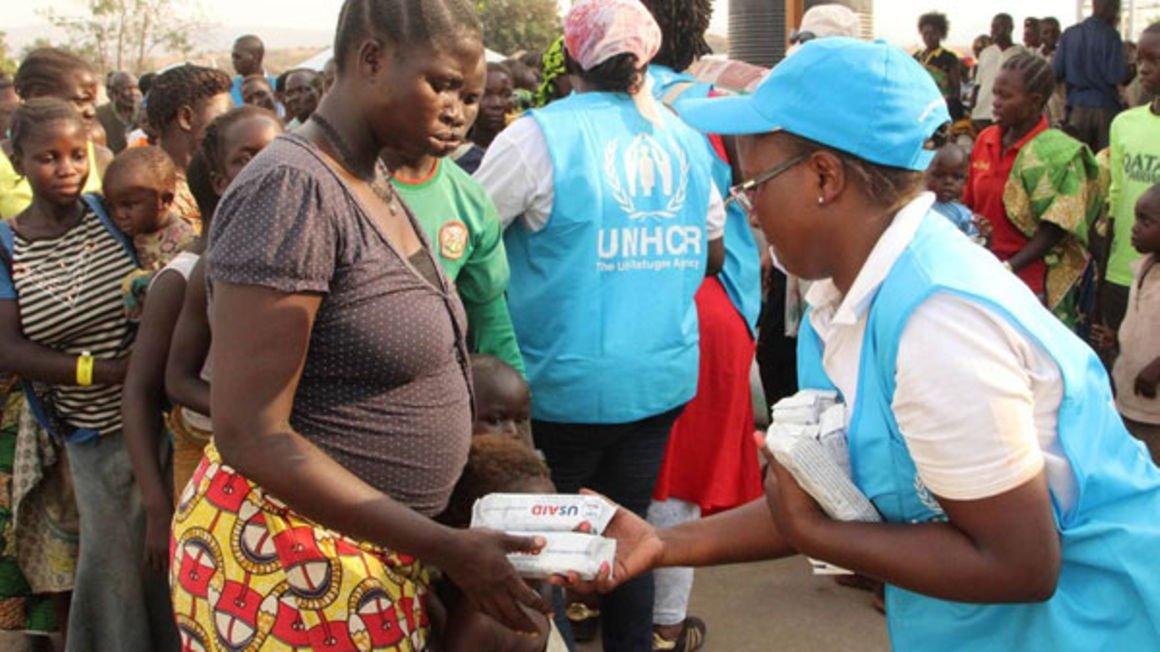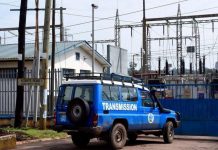Africa-Press – Uganda. Refugees and asylum seekers have outlined a number of challenges that they face while they seek justice in courts of law and at police stations.
The challenges are captured in a report released on Monday at a function held at Nakawa Chief Magistrates’ Court in Kampala dubbed: “Access to Justice for Refugees, Asylum Seekers & Host Communities Open Day Info Pack,” Organized by Center for Justice Studies and International Rescue Committee.
“I am a Congolese and I do not understand Luganda or English; you have to come with a translator from home in order to be listened to like in the court proceedings. I only heard the statements that he will be imprisoned for three years,” the report quotes a South Sundanese refugee.
Another refugee from South Sudan laments: “When you go to the police, they speak the same language with the person that you are reporting, how can they give you a fair judgment?”
Ignorance of rights and responsibilities, not knowing what to do upon reporting a case to authorities, general perception and negative attitude towards non-nationals and duty bearers are the other challenges that the refugees face in pursuit of justice, according to the report.
Principal Judge, Dr Flavian Zeija, who was the chief guest pledged on behalf of the Judiciary, to address some of the challenges before he cited some of the challenges that the refugees face.
He explained that sometimes the courts find it hard to grant bail to refugees, fearing that they might jump bail.
The administrative head of the High Court cited the example of the late German national, Bernhard Glaser, who succumbed to cancer in incarceration while battling cases of sexual abuse, following accusations of molesting Ugandan girls. He said his release on bail became complex due to challenges of language interpretation.
“As the Judiciary, we were accused of killing that German for not releasing him on bail to seek specialized treatment. It’s not true; that man came to court speaking English and when it came to bail application hearing, the presiding judge said the suspect claimed to only know some lesser language in German,” the Principal Judge narrated.
Adding: “We sought for that type of language interpreter but there was none at the German embassy. When we finally got that particular language interpreter, the parties were never ready at the same time. This saw this language interpreter return to German without helping out and the rest is now history.”
Further, in his response to the challenges facing refugees in accessing justice, Justice Zeija, cited some of the interventions that the Judiciary has so far done to promote access to justice for refugees.
“We pledge to tackle the challenges of refugees/ asylum seekers seeking services in a similar manner. In fact, strides have taken towards addressing the access to justice concerns of refugees and asylum seekers in Uganda,” PJ Zeija said in his remarks.
“For example in the year 2013, the Judiciary with support from UNHCR, launched mobile courts to improve access to justice for victims of crime in Nakivale Refugee camp, the country’s largest and oldest settlement. The mobile courts benefited 68,000 refugees and 35,000 Ugandan nationals, living in and around the settlement,” he added.
He also promised to continue conducting mobile courts in refugee settlement camps to ease access to justice, continue studying the access to justice needs and also re-tool their staff to handle those needs in the best way possible.
The Monday function comes at the time when the Judicial Service Commission is traversing various refugee resettlement camps like Kyangwali in Hoima, Kiryadongo, Nakivale in Mbarara, Kyaka in Kyegegwa and Rwamwanja in Kamwenge to address issues affecting access to justice to refugees.
Refugees and asylum seekers leave their countries for various reasons which include, but not limited to; political unrest, gang violence, and natural disasters.
Statistics by the UNHRC as of mid-2020, indicate that there were 26.3 million refugees and 4.2 million asylum seekers world-wide respectively.
At the same period, Uganda was hosting 1.4 million refugees, meaning that Uganda was the 4th biggest host refugee country after Pakistan, Colombia and Turkey.






